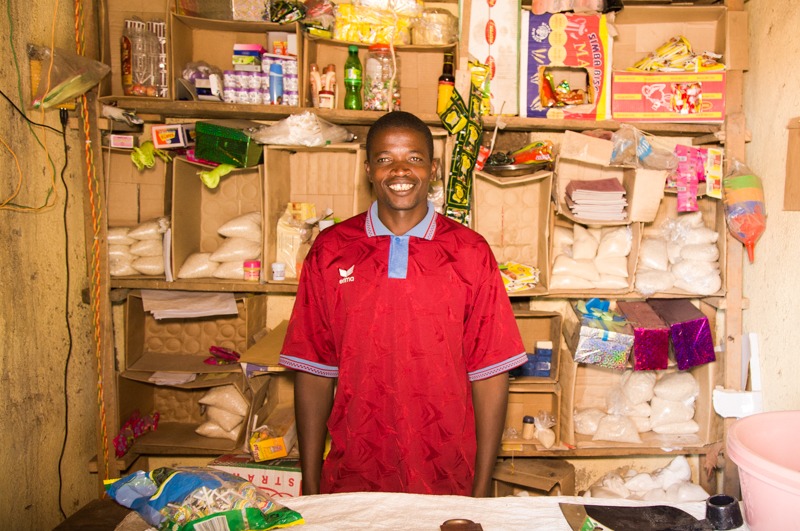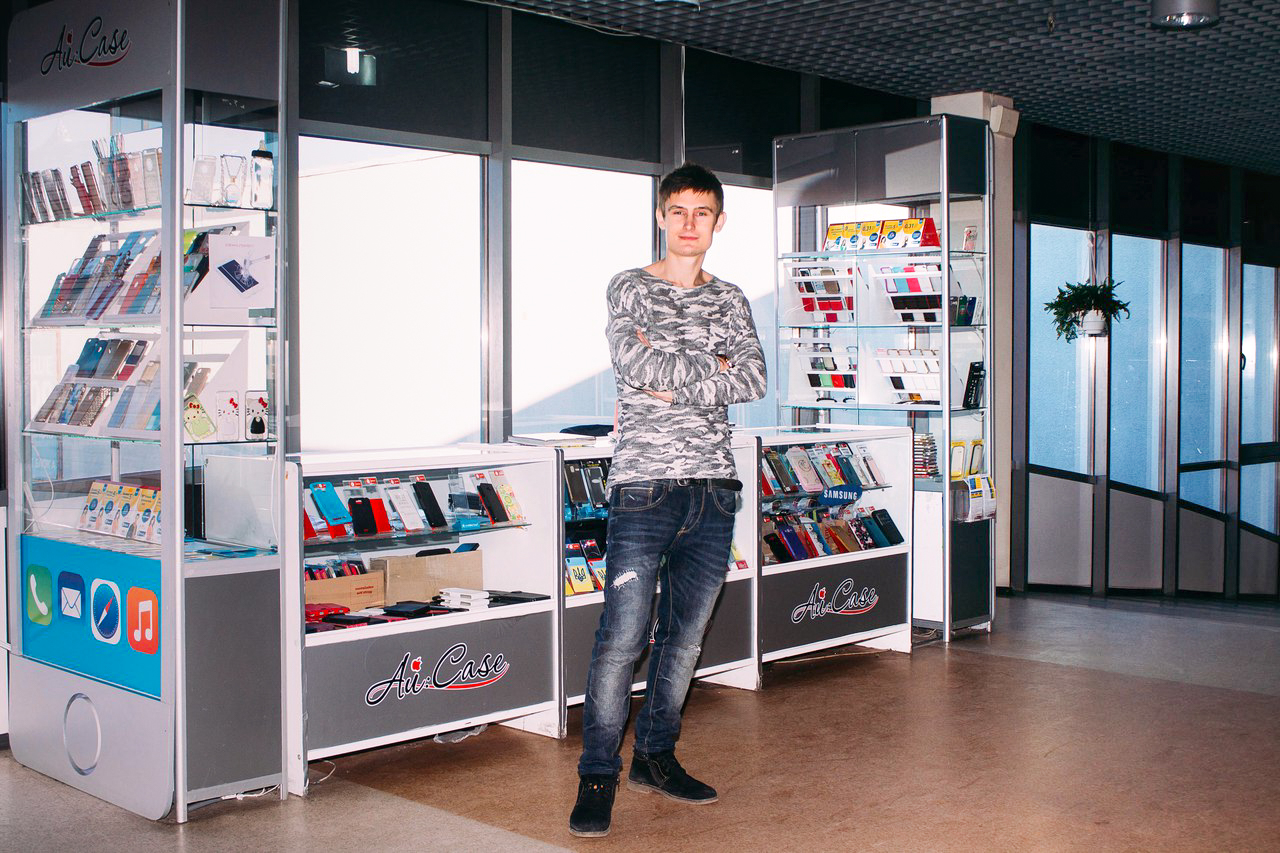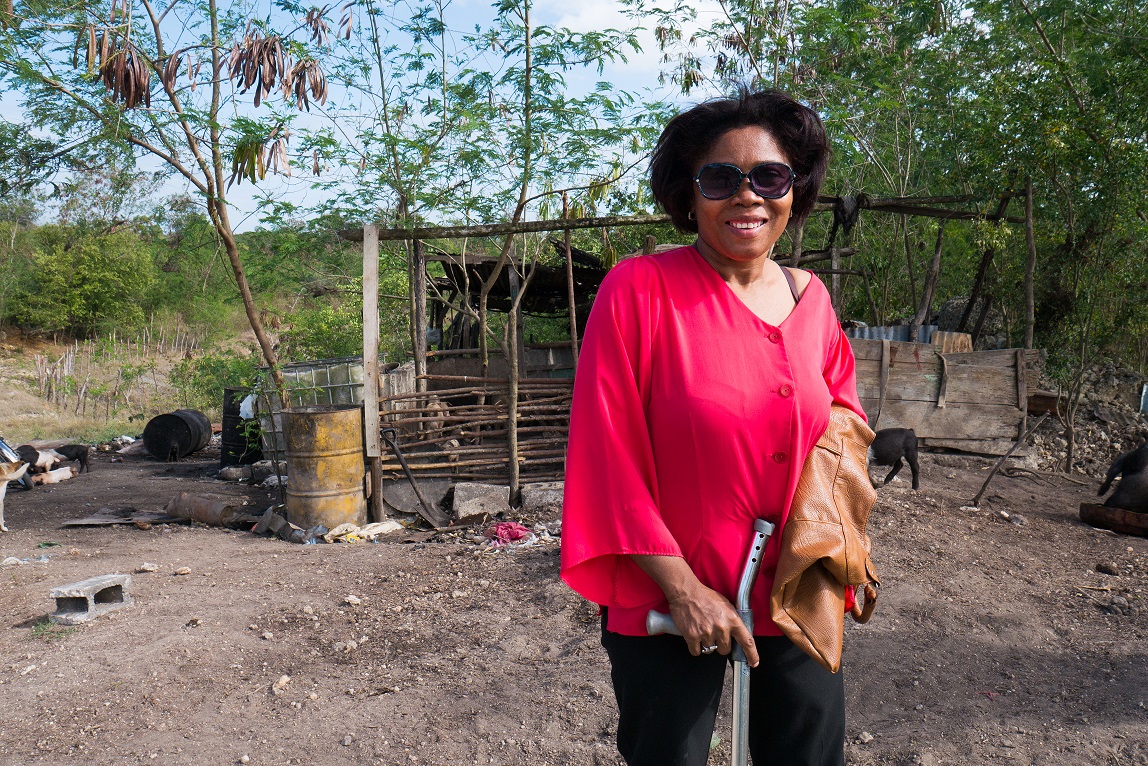For John Sahid this past May, it looked like this: Five months earlier, while ringing in the New Year, John had written down a fitness goal that would push him in 2017: complete the IRONMAN 70.3 St. George. While he’d competed in other races in the past, this triathlon—involving a 1.2-mile swim, a 56-mile bike […]
Continue Reading...HOPE Intl
Jul 13 2017
HOPE Intl
News Spiritual IntegrationOn May 23, Islamic State militants took control of Marawi, a Filipino city on the island of Mindanao. Over 500 people have been killed, and 300,000 civilians have been forced to flee their homes to escape the occupation. Now months later, as violence continues in Mindanao, we ask that you join us in prayer for […]
Continue Reading...HOPE Intl
Jul 7 2017
HOPE Intl
Spiritual Integration Stories we loveHOPE Intl
Jun 19 2017
By HOPE Intl
Microfinance News Stories we loveHOPE Intl
Jun 6 2017



















